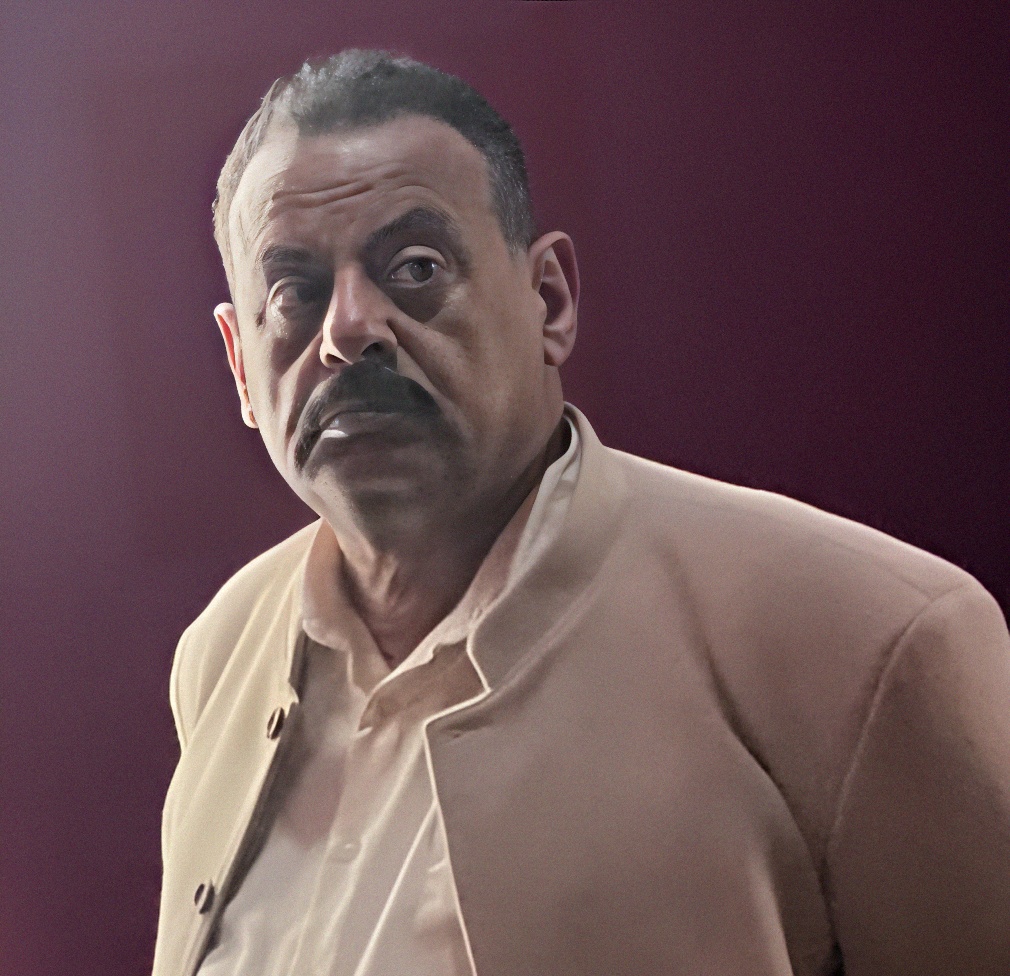Questions and Hypotheses

Yemenat
Ahmed Saif Hashed
My father and mother, my grandfather and grandmother—without them, I would not exist; I would have remained in a state of non-being. This principle extends to all hierarchies and generations, tracing back to the very root, to the primitive human in whatever form he may have taken.
What if my mother had chosen to abort me while I was still in her womb, in a state of unawareness, indifferent to pain, grief, or sorrow? What if I were to take my own life, crushed by a primal instinct that clings to a life of torment, burdened by profound suffering and the weariness of existence?
What can we say about what is often referred to as “mercy killing,” an act performed out of compassion to release someone from a confinement narrower than a grave? This act seeks to alleviate suffering from severe and persistent afflictions or from an illness overtaken by despair, where the only relief lies in liberating the soul from its physical prison.
Consider the multitude of coincidences generated by necessity in a long, intricate process that defies imagination. This endless chain of events continues unceasingly; we remain unaware of its origins, direction, or ultimate destination. Time flows without end, leaving us uncertain whether it is infinite or finite. The fates of the universe remain shrouded in mystery, and what science has uncovered is but a drop in a vast, tumultuous ocean.
Why does a being, suspended in the womb for nine months, emerge into the universe with a cry? Is this cry an announcement of existence or a protest against it? Is it fear of the world or dread of the unknown? Or is it, as some suggest, a welcome to life tinged with darkness?
Why do we not enter this expansive universe filled with joy and laughter? Why does a newborn begin life only with a sharp cry of distress? Is this an existential shock, an unwillingness to embrace a world beyond our control, or something entirely different?
William Shakespeare attempts to illuminate this conundrum with rich irony: “At the moment of birth, we cry because we are entering a stage crowded with fools.” Between the cry of birth and the gasp of death lies a lifetime burdened with suffering and a world filled with troubles and sorrows. When misfortune clings to you like an unshakeable curse, do you renounce the blessings of those who brought you into existence? Do you curse the coincidence that seems to deliver only misery, or do you find peace and acceptance in your circumstances?
I wonder: how can I soar without wings when predators surround me? My fortune gnaws on its own misery. What fault is it of mine that I find myself trapped in chaotic existence? Yet, I do not wish to become a beast or a violator of life. In moments of reflection, I realize I carry grave sins and errors.
I cannot fathom being merely one of three hundred million sperm competing to reach the egg. A myriad of coincidences culminated in the miracle of my existence—a universe we often ponder regarding its Creator.
I did not choose to exist; I was unaware of my selection. The journey to the egg that nurtured me was tumultuous and incomprehensible. Was my existence forced upon me? No one prepared me for this life.
I did not choose to live, nor was I cognizant of what awaited me.
Is this coincidence so vast that it exceeds my imagination, or is it a reality that has reached an incomprehensible magnitude? Perhaps it feels like an existential impossibility, yet my compelled existence shatters that notion. My life has become a heavy burden of unhappiness and suffering, laden with sins that seem devoid of hope for forgiveness.
I may perceive my existence as superfluous in a universe brimming with wonders. The horror and savagery I witness compel me to consider leaving this world, perhaps in a state of regret that borders on ingratitude or disbelief.

